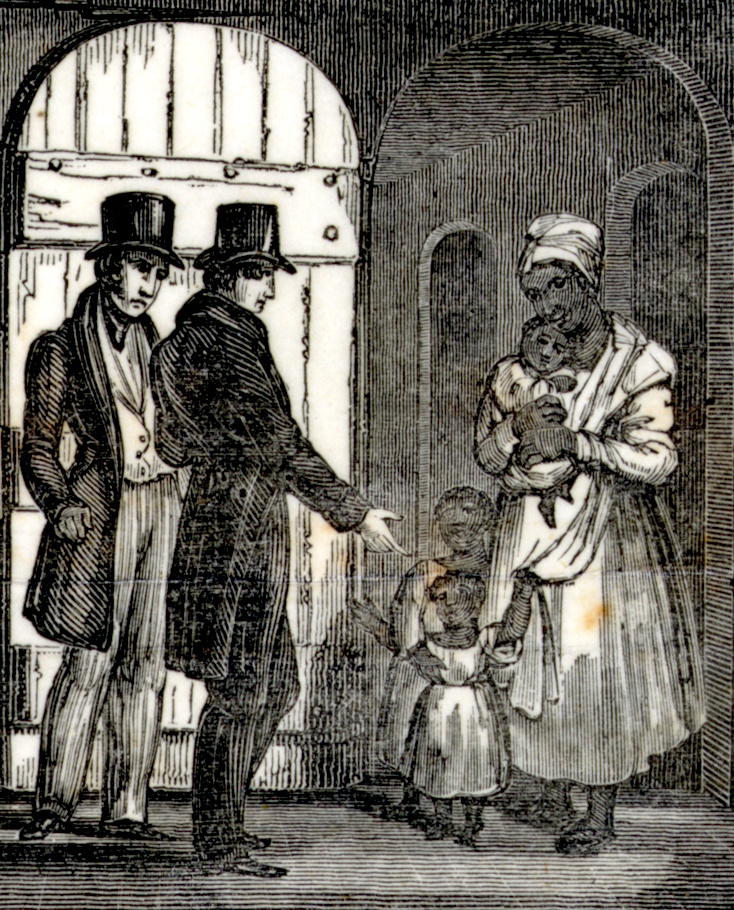ONLINE PRIVACY SEMINAR: Historical Notions of Privacy in Latin America
Online Seminar Series

Source: Frederick Douglass Paper (March 18, 1852)
This series of seminars aims to address historical issues of privacy in Latin America, in Europe, and transregionally. Each month, one of the participants will present a work-in-progress, which will be circulated in advance and discussed online via zoom. This event is open, and scholars of all countries are welcome to join. Meetings will be held on the last Thursday of the month at 17:00 CEST/CET. Exceptions will be informed in advance. The language of the seminar is English. If necessary, questions in Portuguese or Spanish can be posted on the chat and will be translated.
The next session will be on Thursday, November 26 2020, 17:00 CET. This will be the last session of 2020.
Dr Natália da Silva Perez (https://silvaperez.github.io/) will present her WIP:
Traces of Intimacy between Blacks and Whites in Early Modern Amsterdam: The Case of Juliana from Recife
Using privacy as an analytical lens, in this presentation I will discuss how intimacy and trust was informally leveraged in relationships of subjugation between blacks and whites in early modern northern Europe. For the purposes of this discussion, I will focus on a subset of what is encompassed by the concept of privacy, namely the ability to regulate access to oneself and to one’s resources (Margulis 2003; Hughes, 2012; Silva Perez, forthcoming). In the colonies controlled by European empires, this ability was categorically denied to enslaved black people and was accessible only to white enslavers. But when enslaved people managed to cross the Atlantic and come to Europe, they had the potential to find contingent ways to protect their bodies, their belongings, their sense of self—in other words, they found opportunities to obtain some privacy—which could perhaps even lead to them becoming free. That is because slavery was controversial within the boundaries of the European continent, and thus legally resisted in diverse ways by local governments (Hondius 2011).
My discussion of the relationship between privacy, intimacy, and freedom will start with the story of an enslaved black women called Juliana, from Recife, who accompanied her master Eliau Burgos to Amsterdam in the 1650s, after the Dutch Empire lost its colony in Pernambuco, Brazil. Through Juliana’s example, I will discuss what I can learn about intimacy between blacks and whites in early modern Europe, including the possible nature of emotional and physical bonds that could form between people in relationships of bondage, and how through intimacy and trust, enslaved and enslaver could become a part of each other’s private worlds, leading to greater bodily safety and potential freedom for the person in captivity.
To join the discussion, please fill out this form, and you will receive the instructions via email.
PRIVACY SEMINAR: Historical Notions of Privacy in Latin America
This series of seminars aims to address historical issues of privacy in Latin America, in Europe, and transregionally.
PRIVACY SEMINAR: Historical Notions of Privacy in Latin America
This series of seminars aims to address historical issues of privacy in Latin America, in Europe, and transregionally.
